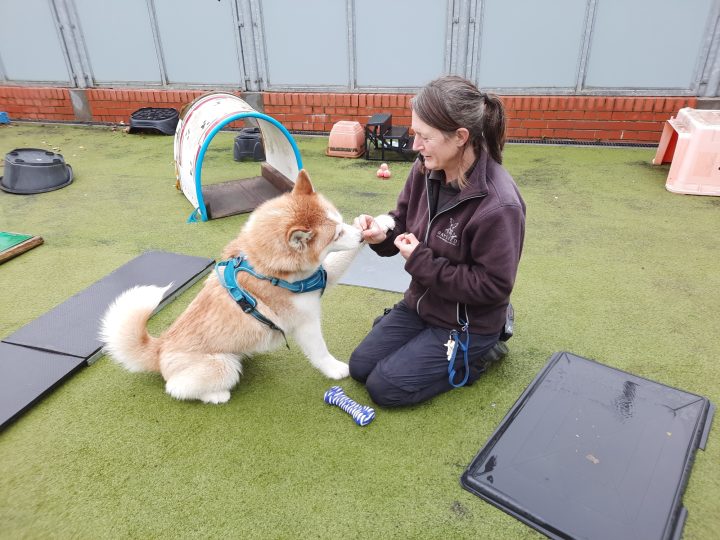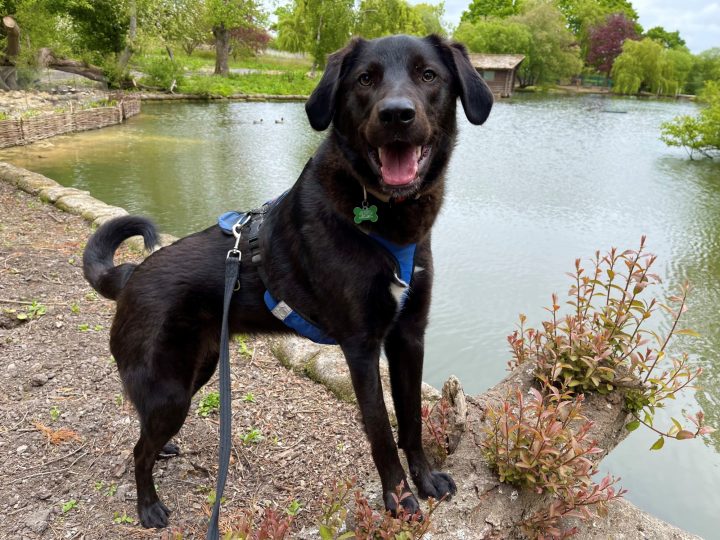Is the dog microchipped?
Microchipping is essential and can help you find your dog when they go missing.
The seller will need to provide you with the microchip number, it is up to you as the new keeper, to change the details on the microchip. You can do this by contacting the registered microchip database. It is a legal requirement for all dogs over the age of 8 weeks to be microchipped
Is the dog vaccinated?
Regular vaccinations help keep your dog healthy and free of disease. You need to see a copy of the vaccination card and when it was last stamped. If in any doubt you can call the vet where the dog was last vaccinated and check. Some older dogs may have stopped their course of vaccinations, as discussed with their vets.
They may suggest the dog still needs annual vaccinations and will check that you are prepared to do that.
Can you access the vet history of that dog?
Previous veterinary history helps you to understand your dogs needs better. You may be given a document from the owner and you can ask for permission to speak to the dog’s vet to verify the vet history.
The seller should ask if you have got the funds to continue any treatments the dog might be on.
What is the dog’s current exercise regime?
Different dogs require different amounts of exercise. Does the dog look in appropriate shape for the exercise the owner says it is getting?
The owner should ask how much exercise you can offer the dog.
What is the current training regime and words you use to communicate to your dog?
The owner will demonstrate this to you and make suggestions of any trainers they’ve used in the past or classes they’ve gone to that might continue to help. Observe how responsive the dog is - or not - to the owner.
The owner should ask you to have a go at doing some of the cue words with the dog to make sure the dog doesn’t get confused. The owner might offer ongoing support for its training.
What is the dog’s current diet?
The owner will write down what the dog eats and the amount. Ideally, they will give you some food to take with you so you can continue the dog’s diet and purchase the right food for it. The owner should ask if you can afford to continue to keep the dog on the diet it is used to or whether you intend to change the dog’s in the future.



